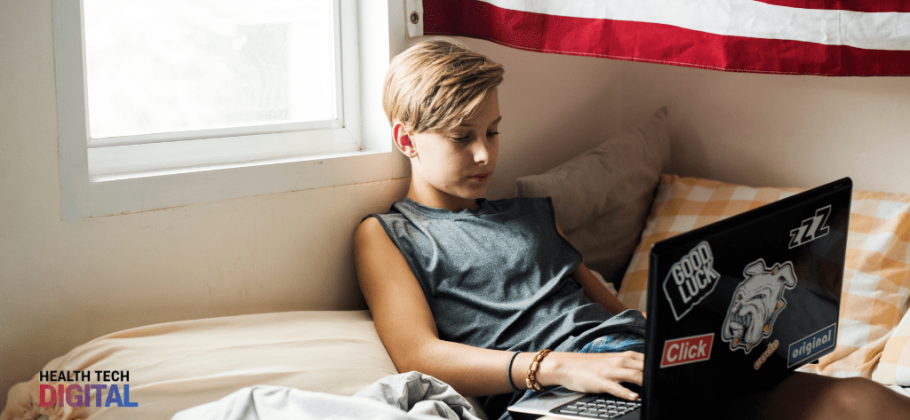Matt Hancock delivered a speech at the Bright Blue and Barnado’s conference last month titled ‘Left to their own devices?’
He spoke about the impact social media has on the mental health of the youth and about the topics discussed when the largest social media companies came together at the Department for Health and Social Care in July. Instagram, Facebook, Google, Youtube, Snapchat, Pinterest and Tumblr were all present at the meeting, and agreed that the most important thing is responsible social media.
This social media summit was the 3rd Hancock had called this year, and managed to get the large tech firms like Twitter, to remove self-harm and suicide content. Anti-vax misinformation was addressed and Instagram have launched an anti-bullying tool. All the social media platforms have recognised that they have a responsibility to their users.
They all agreed that scientifically –backed research would have to be gathered in order to understand the impact of social media has on children. The data social media companies have accumulated will have be used to better safeguard its users.
Hancock threatened the social media companies with legislation if they did not comply with the safety standards needed to protect children online. It was then agreed that “the big 6”, Facebook, Pinterest, Instagram, Google, Twitter and Youtube would form a strategic partnership with the government to tackle the issues together.
The government is leading by example and has already contributed towards funding the partnership, and want the social media companies to contribute a minimum of £1 million.
With this collaboration and funding, the mission will be to use evidence-based data and research to get technology in place to identify the challenges, to supply the resources needed and create guidelines which will increase protection for children and young adults online.
Technology will play a major role in this, and it will be used to identify, report and remove harmful content from social media. The challenge will be to ensure the social media companies play their part, and if they don’t, they need to be held accountable. Parents and carers will also need to be involved in keeping their children safe, by educating them about the potential threats.
The approach the NHS is taking is a major stepping stone in support, treatment and most importantly prevention of mental health issues.
It is crucial that we as a nation talk about how to promote good mental health, and how to help children and young people by teaching them how to become resilient and learn them skills to deal with the challenges life presents
Hancock ended off by summarising the goals and steps to ensure online safety for all: responsibility, research and resilience. Government, social media companies and parents need to play their part. Research must be used to improve understanding and enhance technology. And lastly, teaching children resilience and how to react to various challenges they may face in life.
We must work together to ensure the next generations grow up to have well-balanced, fulfilling lives and are safe from harmful online content.
Article source: https://www.gov.uk/government/speeches/social-media-young-people-and-mental-health












